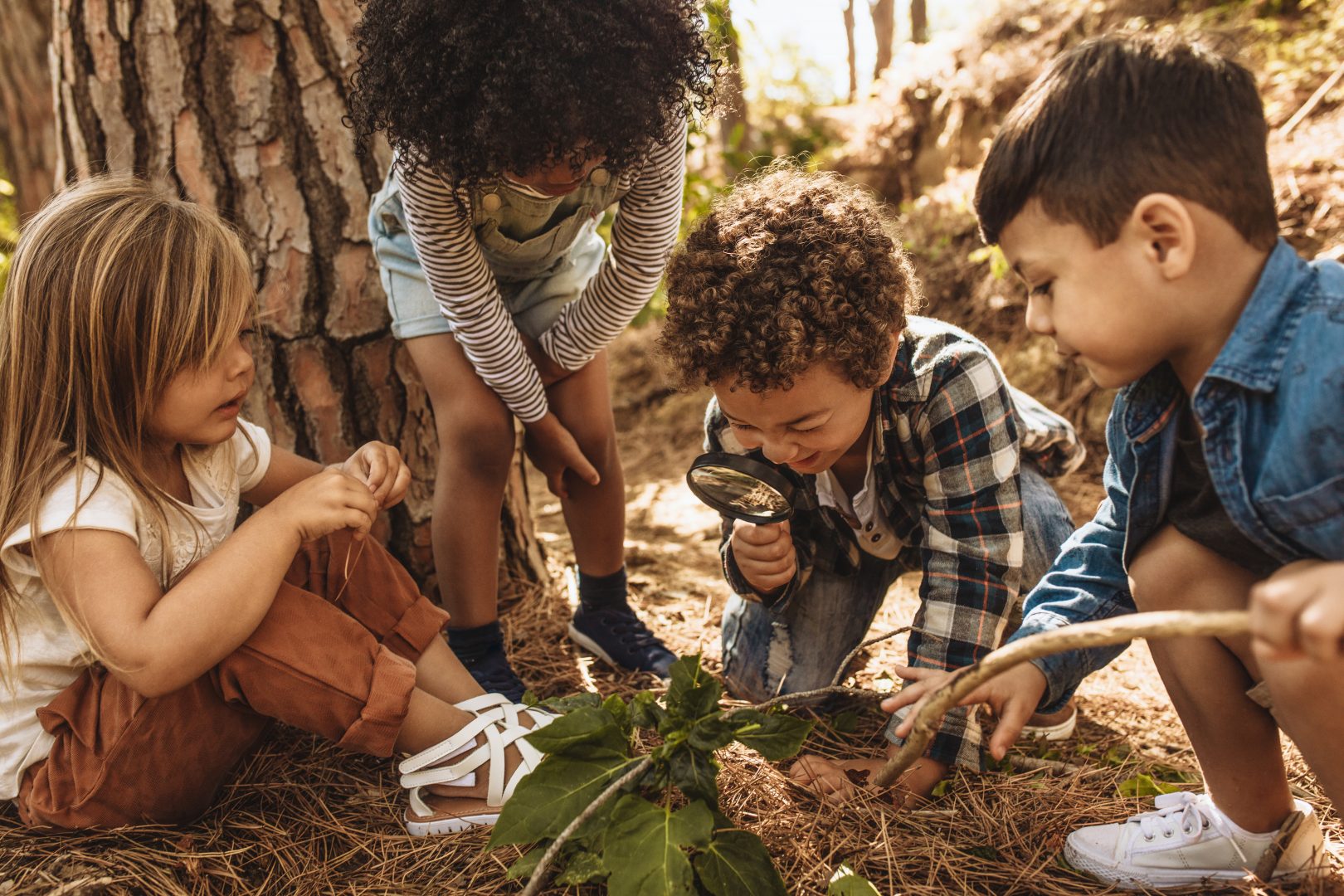
As the school year winds down and the days grow longer, many parents struggle with homework, extracurriculars, and the anticipation of summer. It’s a busy time of year, and while academics remain important, now more than ever, children need balance in their daily routines—especially the kind that involves play, movement, and fresh air.
Children today are under more pressure than ever to perform in school and keep up with demanding schedules. Without time to unwind and recharge, that pressure can build, often showing up as stress, irritability, or difficulty concentrating. The antidote? Balance—specifically, making space in the day for active, unstructured play and time spent outdoors.
Creating a healthy rhythm between structured learning and free play helps children regulate their emotions, reset their minds, and return to their schoolwork with better focus and energy.
The Physical and Mental Health Benefits of Outdoor Play
Getting outside and moving their bodies is not just a break from screen time—it’s a vital part of a child’s development. Here’s how:
- Boosts Physical Health: Running, climbing, biking, and jumping strengthen muscles, support cardiovascular health, and improve coordination and balance.
- Improves Mood and Reduces Stress: Exposure to natural light increases serotonin levels, helping children feel calmer and happier. Time in nature has been shown to reduce anxiety and depression—even in young children.
- Builds Confidence: Outdoor play allows kids to explore, take risks, and make decisions on their own—essential ingredients for confidence and resilience.
The Connection Between Play and Learning
It may seem counterintuitive, but stepping away from schoolwork for play can actually support your child’s academic success. When children are physically active and engaged in imaginative play, they’re building critical skills like:
- Problem-solving and creativity through inventing games or building forts.
- Social and emotional skills as they negotiate rules, cooperate with others, and resolve conflicts during group play.
- Focus and self-regulation, which carry over into the classroom, help them sit still, listen, and retain new information.
Even just 20 minutes of physical activity before or after school can make a noticeable difference in a child’s mood and readiness to learn. Giving your children time to take a break from school and just have fun is beneficial to family dynamics as well. You don’t need to overhaul your family’s schedule to prioritize balance. Try simple shifts like:
- Taking a walk together after dinner.
- Visiting a local park for 30 minutes before homework.
- Encouraging backyard play or neighborhood bike rides.
- Allowing weekends to be less programmed and more playful.
Remember, unstructured outdoor time is not a luxury—it’s a necessity for growing minds and bodies. In the rush of spring activities and academic demands, it’s easy to overlook the importance of play. But giving your child the gift of balance—of time to breathe, move, and explore—may be one of the most supportive things you can do for their overall growth, wellbeing, and success in school.
So as the days get brighter, open the door, step outside, and let the play begin.
